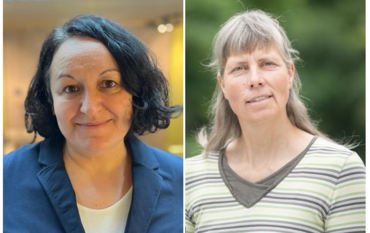From November 10th to 11th, 2025, the 23rd "Herbstschule System Erde" (Autumn School System Earth) teacher training took place. As in previous years, it was organized by the GFZ Student Lab in cooperation with the German Meteorological Society (DMG). This year's theme was "Geo-ecosystems in Transition". Around 95 teachers, trainee teachers, and students participated in the two-day event.
This year's Autumn School theme is based on the newly developed framework curriculum for geography in Berlin and Brandenburg for upper secondary school. The goal is to support teachers in implementing the new content focuses, provide guidance, and facilitate entry into the subject areas of the new framework curriculum.
The Autumn School aims to make current topics and research results from the geosciences usable for teaching, thereby strengthening the scientific component of geography lessons. Researchers from various institutions presented the latest findings from their respective fields in specialist lectures.
Among the speakers were scientists from the Alfred Wegener Institute Helmholtz Centre for Polar and Marine Research (AWI), Humboldt University of Berlin (HU), the Potsdam Institute for Climate Impact Research (PIK), the Leibniz Centre for Agricultural Landscape Research (ZALF), and the GFZ Helmholtz Centre for Geosciences.
These were the contributions of the GFZ to this teacher training:
- Dr. Sven Fuchs (Section 4.3 Geoenergy) - “Geothermal Heat: on the path to climate-neutral transformation of the economy and domestic resource utilization”
- Dr. Judith Bott (Section 4.5 Subsurface Process Modelling) - “Geological 3D models bring light to the usable subsurface”
- Tim Schöne (Section 3.4 Reactive Fluids and Geomaterials) - “Safety for a million years: how geosciences contribute to the site selection for a final repository”
- Dr. Sabrina Metzger (Section 4.1 Dynamics of the Lithosphere) - “How plate tectonics and climate (change) are changing our habitat: insights into satellite-based Earth observation”
- Prof. Philipp Weis (Section 3.1 Inorganic and Isotope Geochemistry) - “Research on mineral raw materials as a contribution to the EU Critical Raw Materials Act”
In addition to the specialist lectures, participants were able to gain practical experience and take away materials for their lessons in hands-on workshops. The workshops were offered by, among others, the German Weather Service Potsdam, the iMINT Academy, the University of Potsdam, the AWI, the Free University of Berlin (FU), and the GFZ. In small working groups, the teachers explored the three most recent ice ages that shape the present-day landscape of Germany, investigated the question of “How permanent is permafrost?”, and followed the traces of climate change, gaining insights into the methodology of attribution research. Further workshops invited participants to evaluate deep-sea mining from different perspectives or to apply geographical knowledge in a creative way, for example in the form of the escape game “Tsunami - Countdown - The rescue mission begins!”. The diverse program clearly demonstrates how geoscientific topics can be integrated into teaching with practical, illustrative and creative methods.
At this point, we would like to thank all the participating scientists once again for their commitment and excellent professional support!
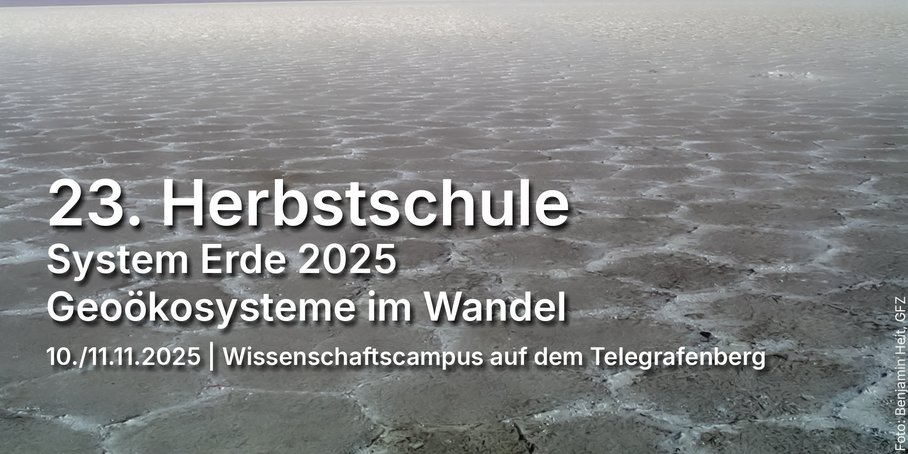
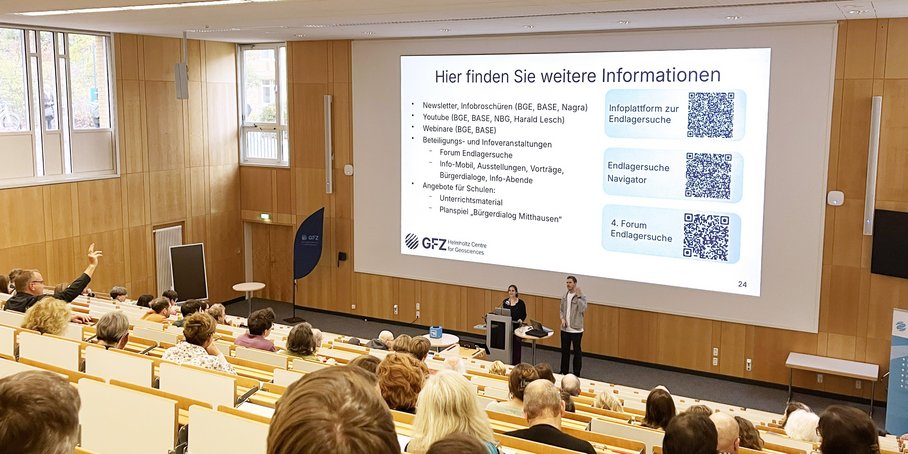
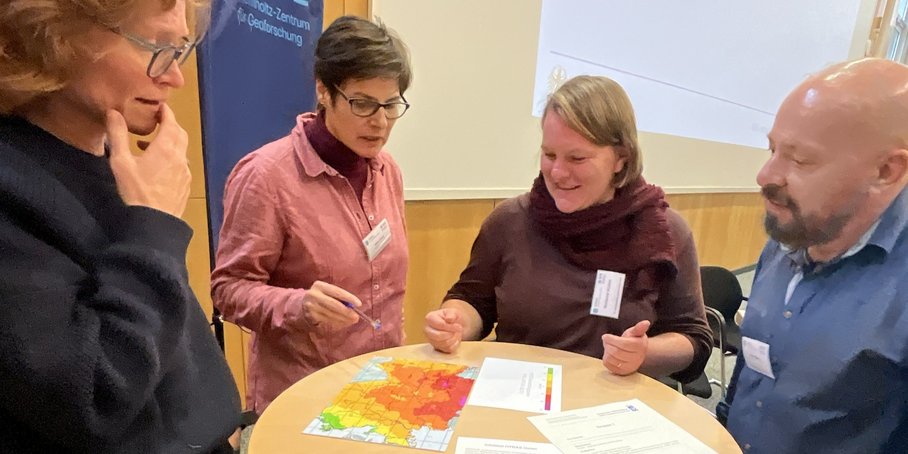
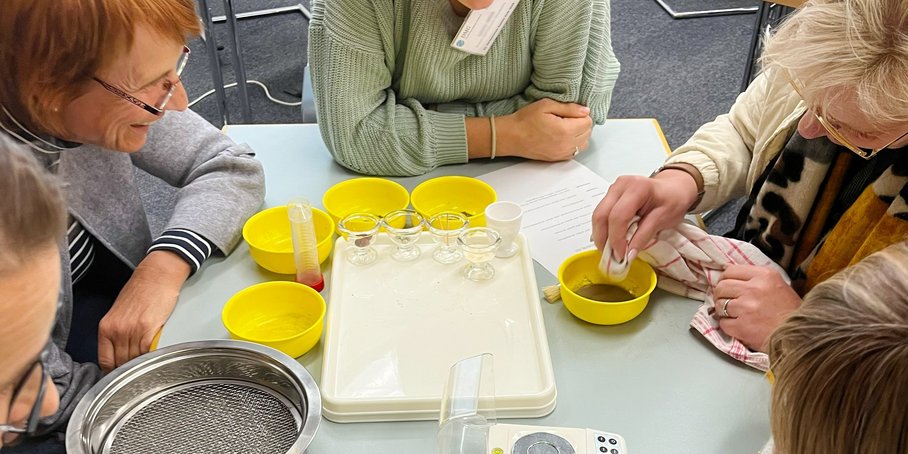
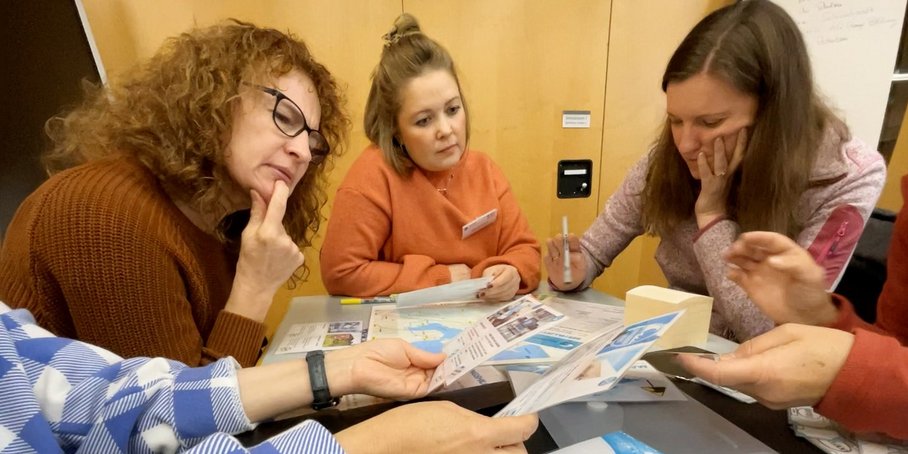
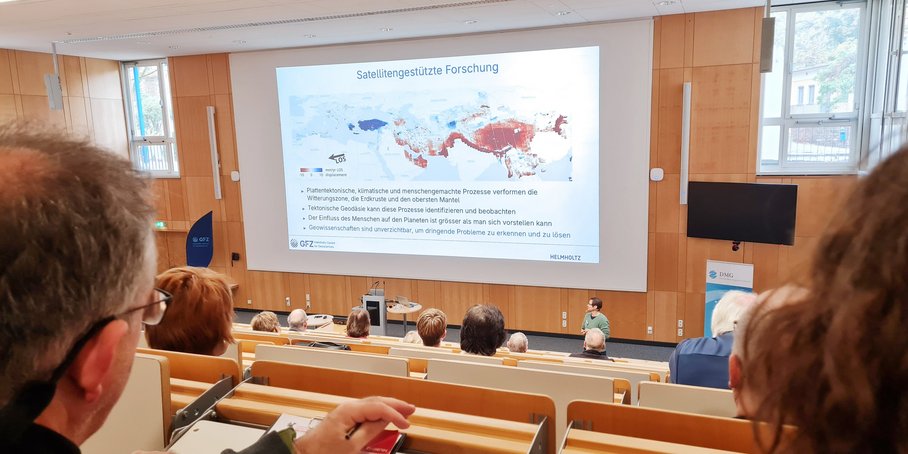
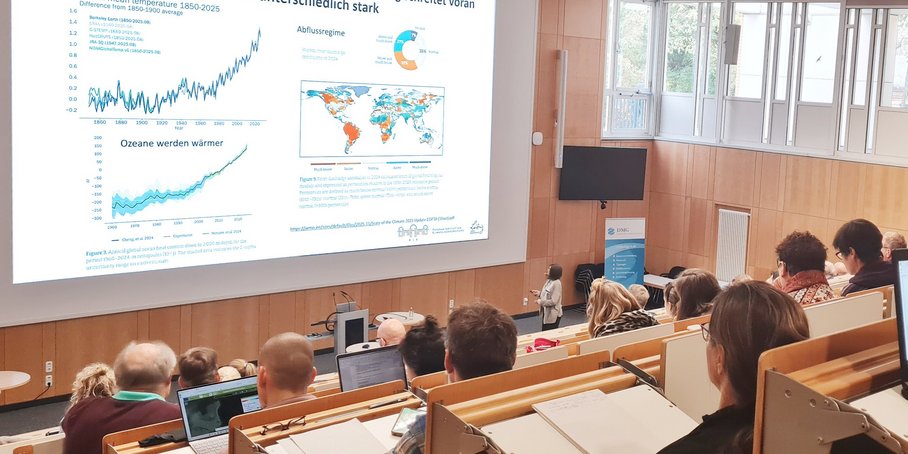
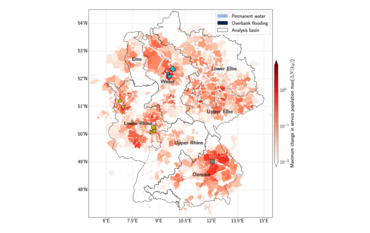
![[Translate to English:] [Translate to English:] Dronenfoto des Vulkans.](/fileadmin/_processed_/c/d/csm_20260210-web_Drone-view-of-Vulcano-Island-near-Sicily-Lipari_-c-AdobeStock_606279354_Marcin0_186f3e7bff.jpeg)
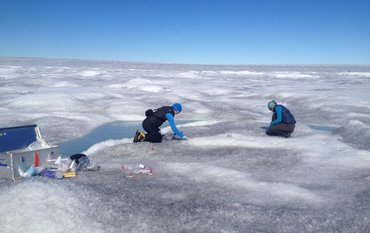
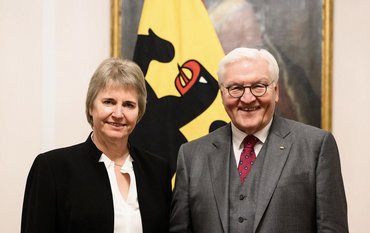

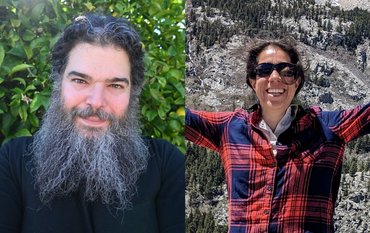
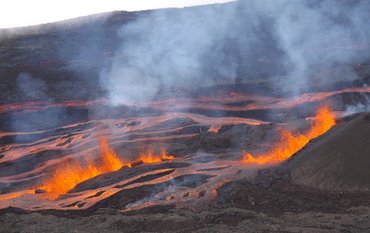
![[Translate to English:] [Translate to English:] Metallbrücke, die zum Teil gebrochen ist und durch die ungewöhnlich viel schlammiges Wasser fließt](/fileadmin/_processed_/9/6/csm_2026_01_22_Bridge_broken_due_to_flash_flooding_in_North_Sumatra_25_Nov_2025_cbe62be46b.jpeg)
![[Translate to English:] Tim Schöne in front of his scientific poster](/fileadmin/_processed_/5/b/csm_Tim_Schoene_EGU_Wien_2025_3cb7b450f2.jpeg)
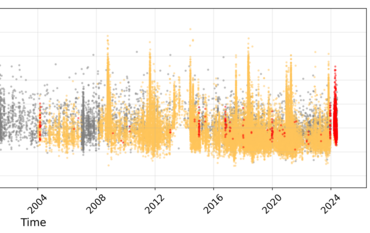
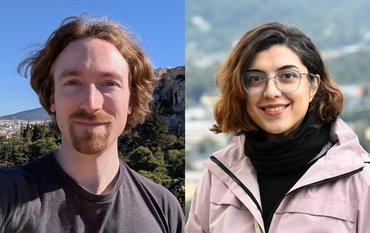
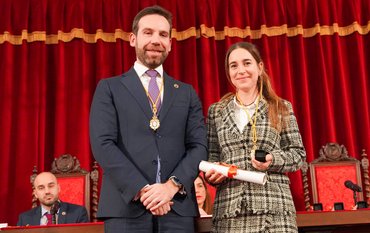
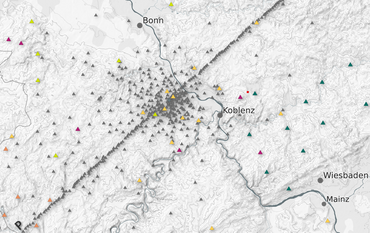
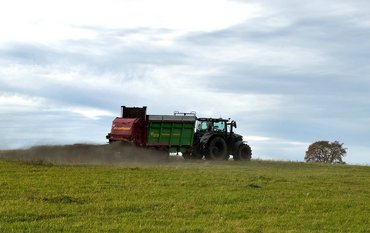
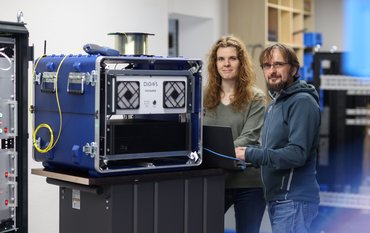
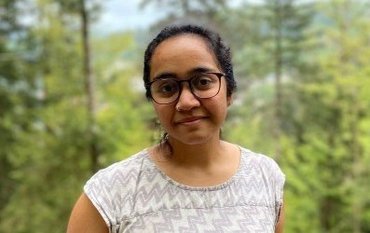
![[Translate to English:] Susanne Hemmleb (right) and her GEOFON colleague Peter Evans (both Section 2.4) hold the CoreTrus](/fileadmin/_processed_/0/a/csm_cert0677_CoreTrustSeal_Geofon-02_93ac53757f.jpeg)
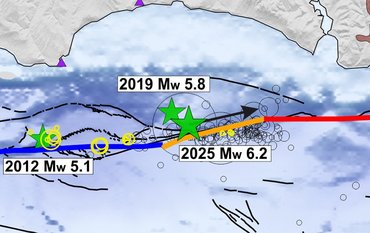
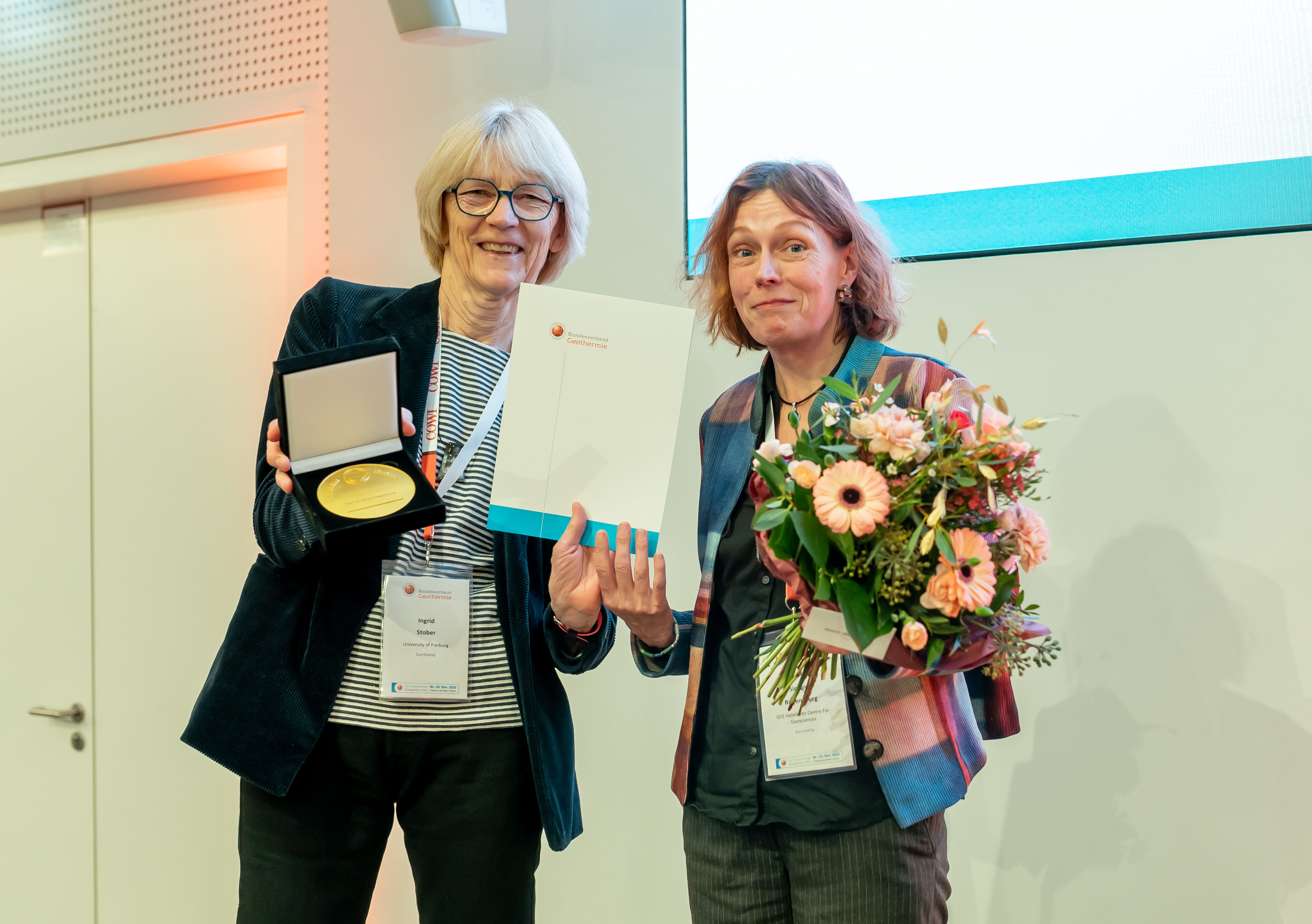
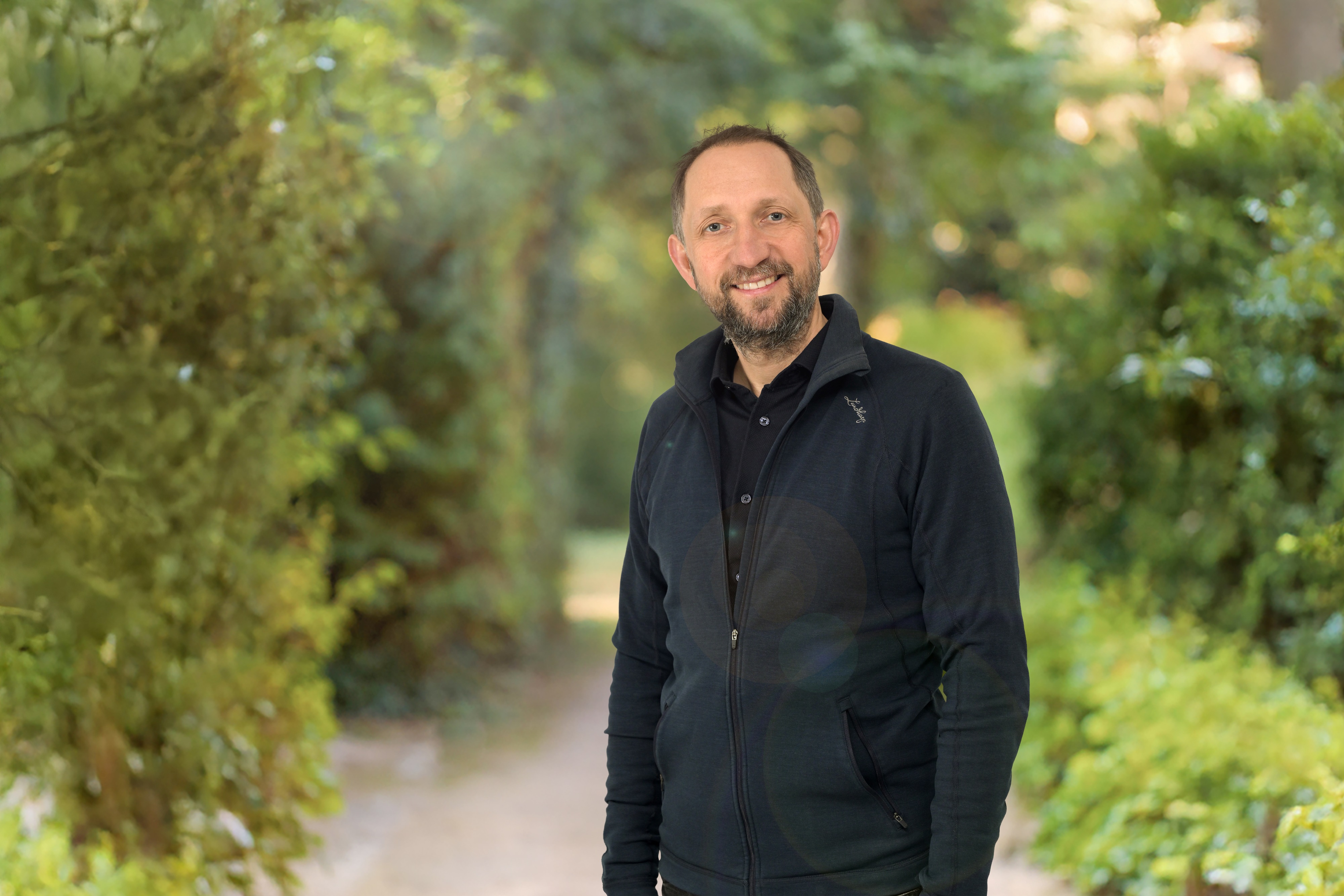
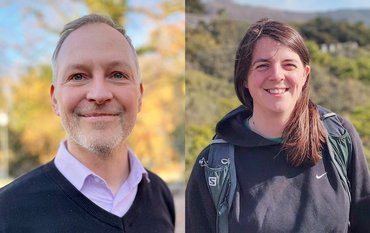
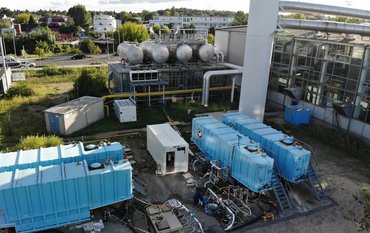
![[Translate to English:] Group photo with 8 people in a seminar room in front of a screen.](/fileadmin/_processed_/2/1/csm_20251114_News_EU-Water-Resilience-Exchange_Kreibich_c-xx_db4e5be690.jpeg)
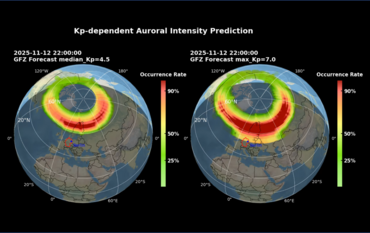
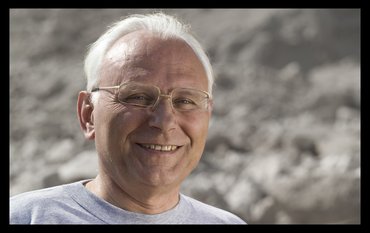
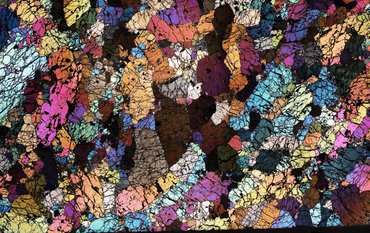
![[Translate to English:] Portrait photo, blurry background](/fileadmin/_processed_/a/2/csm_2025_11_06_JEAN_BRAUN_HE_Helmholtz_Portraits-23_2b5c35beee.jpeg)
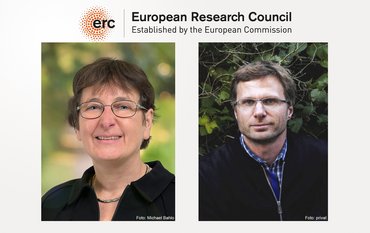
![[Translate to English:] Excerpt from a map of the Phlegraean Fields near Naples, Italy: Left: Red dots mark smartphone sensors, yellow triangles mark fixed seismological stations. Right: The area is coloured in shades of yellow, red and purple according to the amplification of seismic waves.](/fileadmin/_processed_/3/b/csm_20251028_PM_Smartphone-Earthquake_Slider_12500fa0e6.jpeg)
